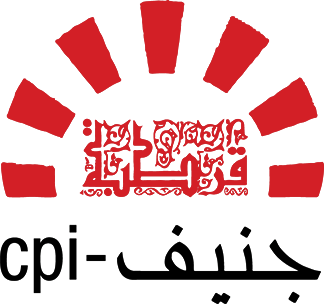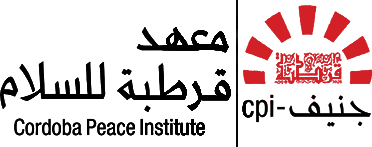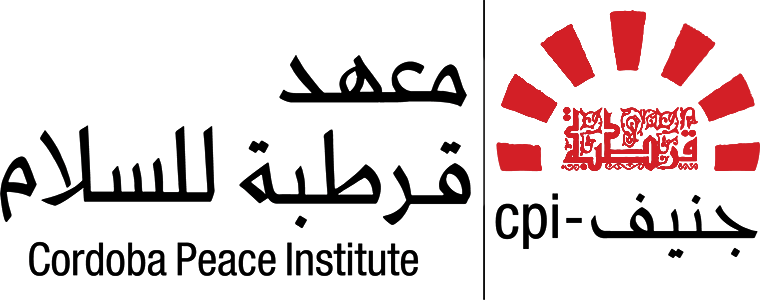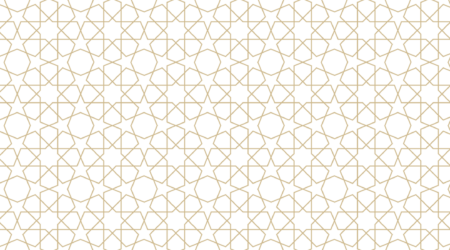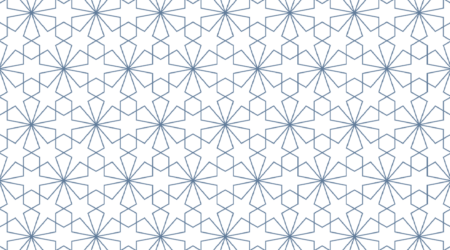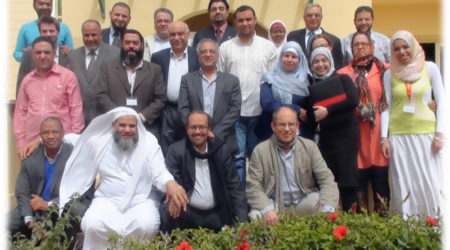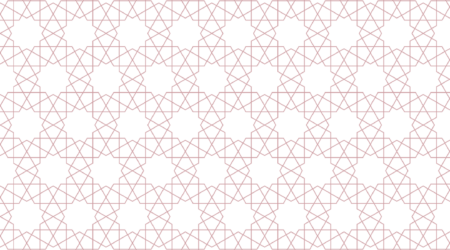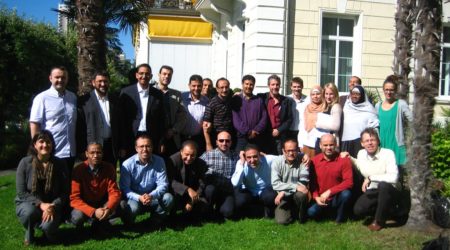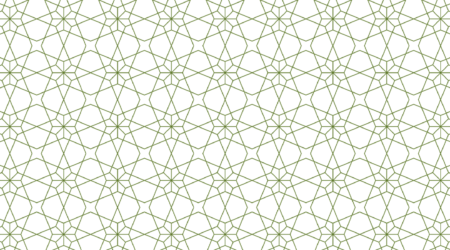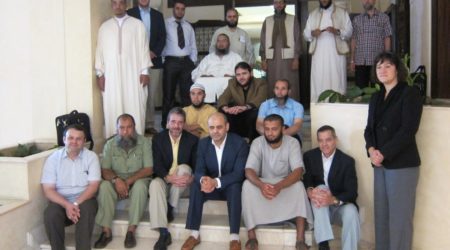The Salafist Daʿwa in Alexandria: Between Sheikhism and Party Politics
Arab World in Transition papers
Authors:
Abdelfattah Mady (Assistant Professor of Political Science, Alexandria University),
Ahmed Zaghloul (Researcher in Islamist Movements)
Introduction
The Salafist daʿwa (predication movement) in Alexandria – sometimes translated as Salafi Call Society – together with the party that has emanated from it, the Al-Nour Party, is considered the outstanding political force within the Salafist currents after the revolution of January 25, 2011. At first, it had rejected the invitation to participate in the demonstrations of January 25, and its sheikhs had issued fatwas (formal legal opinions) in favour of boycotting them. After the revolution, a gradual rapprochement between the daʿwa and the Muslim Brotherhood occurred, as Salafist sheikhs announced that the Muslim Brothers were the closest to them in any upcoming election. They considered them the worthiest and the most knowledgeable in politics. Subsequently, the Salafist daʿwa decided to found a party of its own. The Al-Nour Party (Party of The Light) emerged as a major competitor to the Freedom and Justice Party that had come out of the Muslim Brotherhood. The alliance it formed with other Salafist and Islamist parties won about a quarter of the seats in the People’s Assembly in the first elections after the revolution. In the political discourse of party activists, not in the daʿwa though, a marked development toward moderation and rapprochement with the other, non-Islamist forces could be observed.
This paper aims to study this transformation of the Salafist daʿwa’s position from the rejection of political activities to political participation and the realization of unexpected results in the elections. Besides, it tries to give an outlook on the future of the Salafist daʿwa’s political activity. To reach this aim, the study relies methodologically on an observation of the discourse and behaviour of sheikhs and activists of the Al-Nour Party in the period stretching from January 25, 2011 until the party’s entry into parliament. It relies on various sources for data and information collection; most importantly, personal interviews with a number of sheikhs, party leaders and activists. Moreover, published press interviews with party leaders and parliamentary deputies; different forms of media coverage; as well as the books, studies, and declarations that were published by party and daʿwa. Undoubtedly, the paper’s topic requires a brief historical presentation of the Islamic Group (Djama Islamiya) in the 1970s, to follow the emergence and development of the Salafist daʿwa and its relation to the other groups and parties with an Islamist reference. The topic demands some attention to the intellectual side of the Salafist daʿwa and the ideological dimension of the Al-Nour Party as well. This would help to understand the main actors’ views of political work and its relation to daʿwa (missionary) work, and to what extent these positions have changed after the revolution. We will also examine the rationale for creating a political party, discuss the sheikhs’ position and role in its political activity, and study the evolution of the Al-Nour Party’s political performance. The study concludes with an analysis of the implications of the Salafists’ political participation and an outlook on its future.

